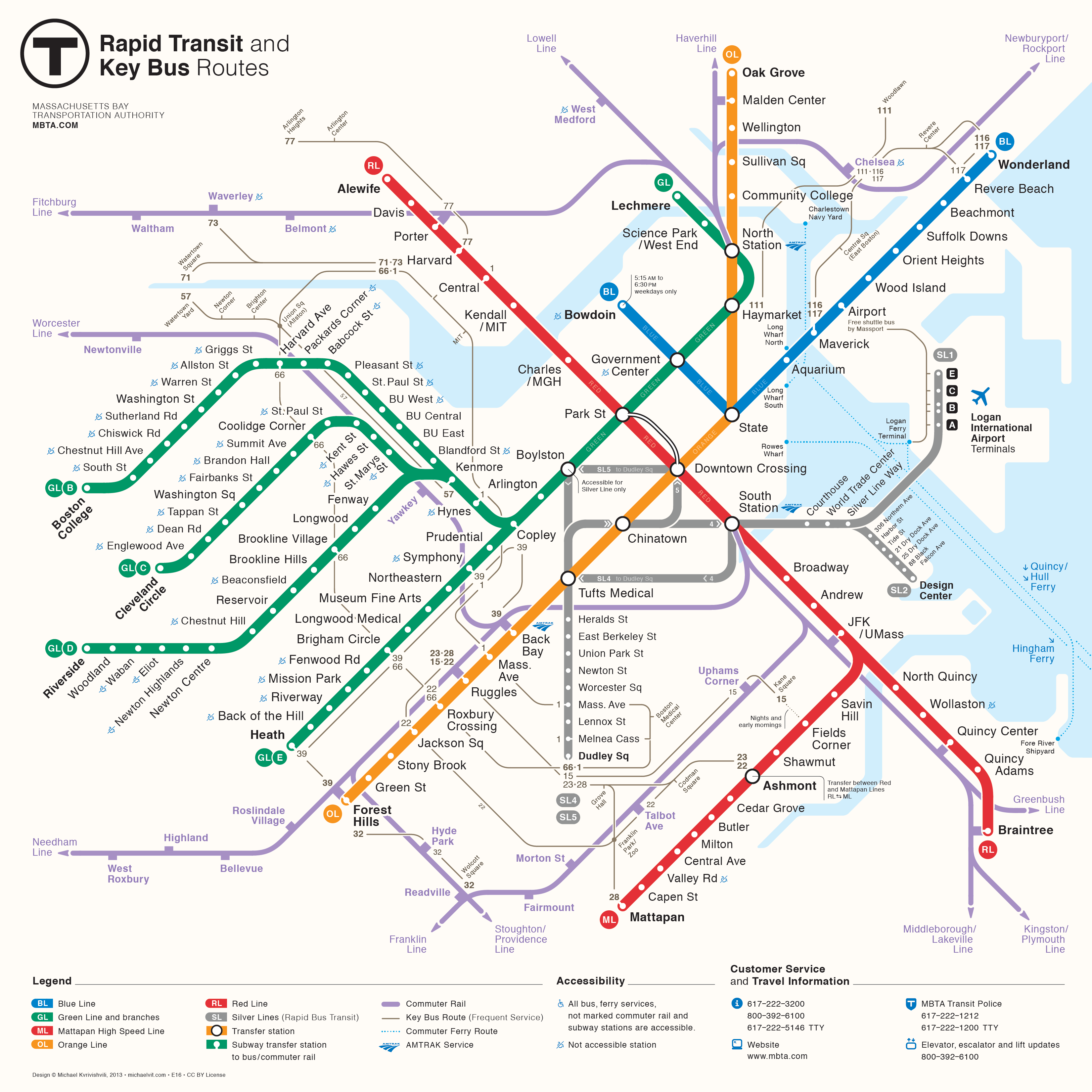Good news for public transport users in Massachusetts.
The Massachusetts Bay Transportation Authority (MBTA) has given the green light to an innovative low-income fare program, marking a significant step towards improving the equity and accessibility of public transportation.
The initiative, a decade in the making, underscores the Healey-Driscoll administration’s commitment to fostering a more equitable transportation landscape in the more than 170 communities served by the MBTA, according to a release from the Massachusetts Governor’s office.
Unanimously approved by the MBTA Board of Directors, the initiative is designed to ensure that public transit remains affordable for everyone, regardless of economic status, Maura Healey’s office said.
Reduced fares for economically disadvantaged riders :
Under the new program, non-disabled, low-income riders aged 26 to 64 will benefit from a substantial reduction of around 50% on all MBTA transit modes. Eligibility will depend on enrolment in existing programs with income thresholds set at 200% of the federal poverty level or less.
This landmark decision also applies to commuter rail, making commuting more economical for residents of these lines and the so-called Gateway Cities.
In addition, low-income and senior citizens who use the MBTA’s paratransit service, “the RIDE”, will be able to take advantage of half-price ADA and Premium rides, the release states.
Promoting equity and affordability:
Transportation Secretary Monica Tibbits-Nuttet stressed the importance of reducing fares for low-income people to promote equity and affordability within the transit system.
By widening access to mobility alternatives, particularly for those who rely on public transport, this initiative aims to level the playing field and close the gaps in transport accessibility.
For his part, MBTA Executive Director Phillip Eng expressed his gratitude to the Governor and Legislature for allocating funds in the FY24 budget to launch this initiative.
Mr. Eng emphasized that making fares more affordable is an essential step in improving quality of life, supporting economic mobility and attracting riders back to the MBTA fold.
The launch of this program is part of the MBTA’s commitment to making significant improvements for riders and fostering a more inclusive transportation network.
Anticipated impact and budget forecasts:
The MBTA estimates that the program will cost between $52 and $62 million, taking into account administrative expenses, operational expenses to meet increased demand and lost revenue due to fare reductions.
Studies suggest that low-income users are willing to undertake 30% more trips with reduced fares, which will significantly increase mobility while reducing transportation expenses.
More than 60,000 riders are expected to meet eligibility criteria and enroll in the program, which could translate into 8 million additional trips per year, according to the Healey-Driscoll administration.
Collaborative efforts and community approval:
The low-income discount fare program is the result of collaboration between various government entities, including the Commonwealth’s Executive Office of Health and Human Services (EOHHS) and the Registry of Motor Vehicles (RMV).
The MBTA already offers discounted fares and passes to students, seniors, people with disabilities and low-income young adults aged 18 to 25.
To ensure accessibility for Massachusetts communities, the MBTA intends to work with community partners to oversee in-person customer service and eligibility verification.
In response to the green light given to the low-income fare program, many community organizations and advocacy groups have expressed their support.
Transit Public Good Coalition, Community Labor United, LivableStreets Alliance, Fairmount Indigo Transit Coalition, Boston Center for Independent Living, Riders’ Transportation Access Group, Massachusetts Senior Action Council and the City of Worcester’s Division of Youth Opportunities welcomed this crucial step in advancing fare equity and accessibility, the Healey-Driscoll administration said in the release.
These organizations recognize the transformative potential of reduced fares for low-income riders, particularly communities of color facing historic exclusion and economic challenges.
The program is not expected to take effect until next summer.
This new measure will benefit immigrant communities, including Haitians, who represent one of the largest immigrant groups in the state of Massachusetts.
Public transportation serves neighborhoods where many Haitian immigrants reside, including the Trolley, which runs between Ashmont and Mattapan. Similarly, the Red Line runs from Ashmont to Alewife (Cambridge), while the Orange Line runs between Forest Hill and Malden.
Haitian nationals live mainly in the neighborhoods served by these rail services.







